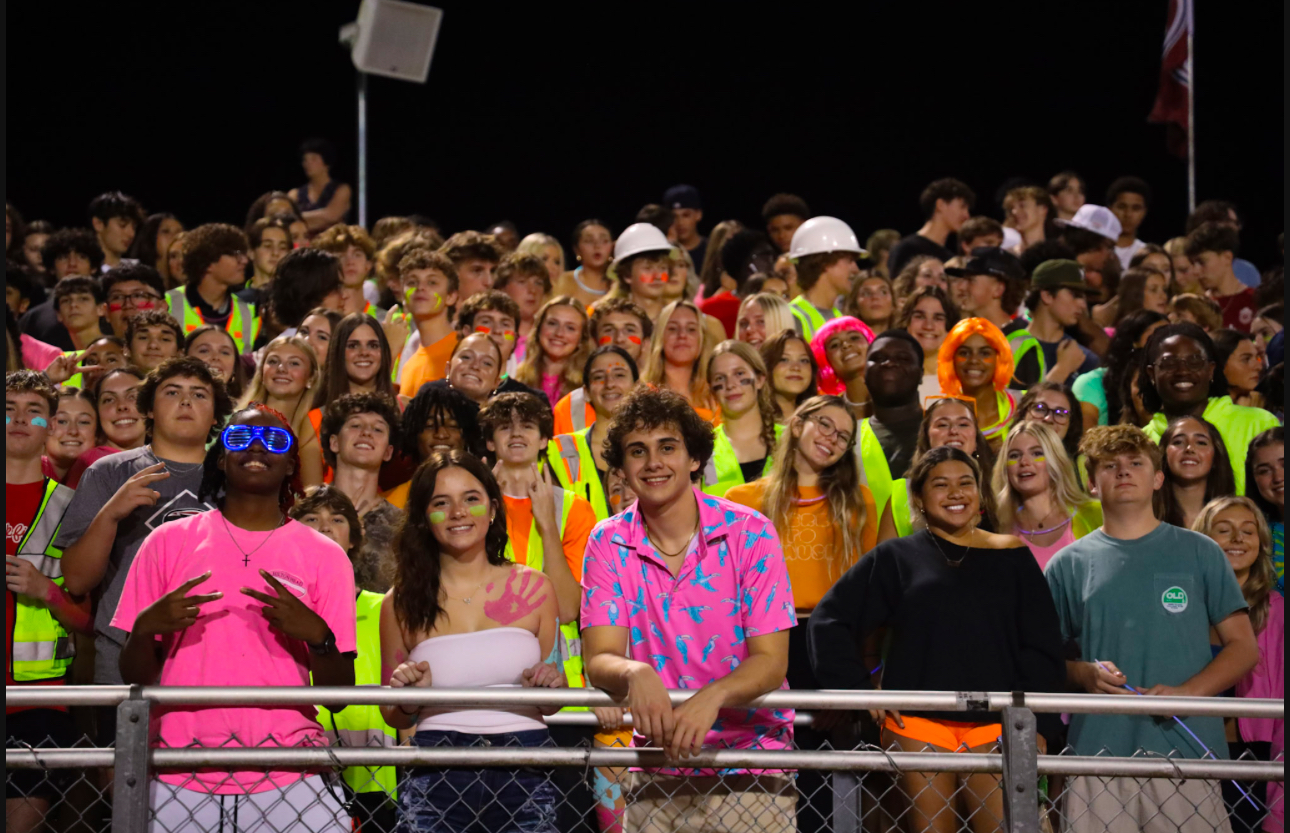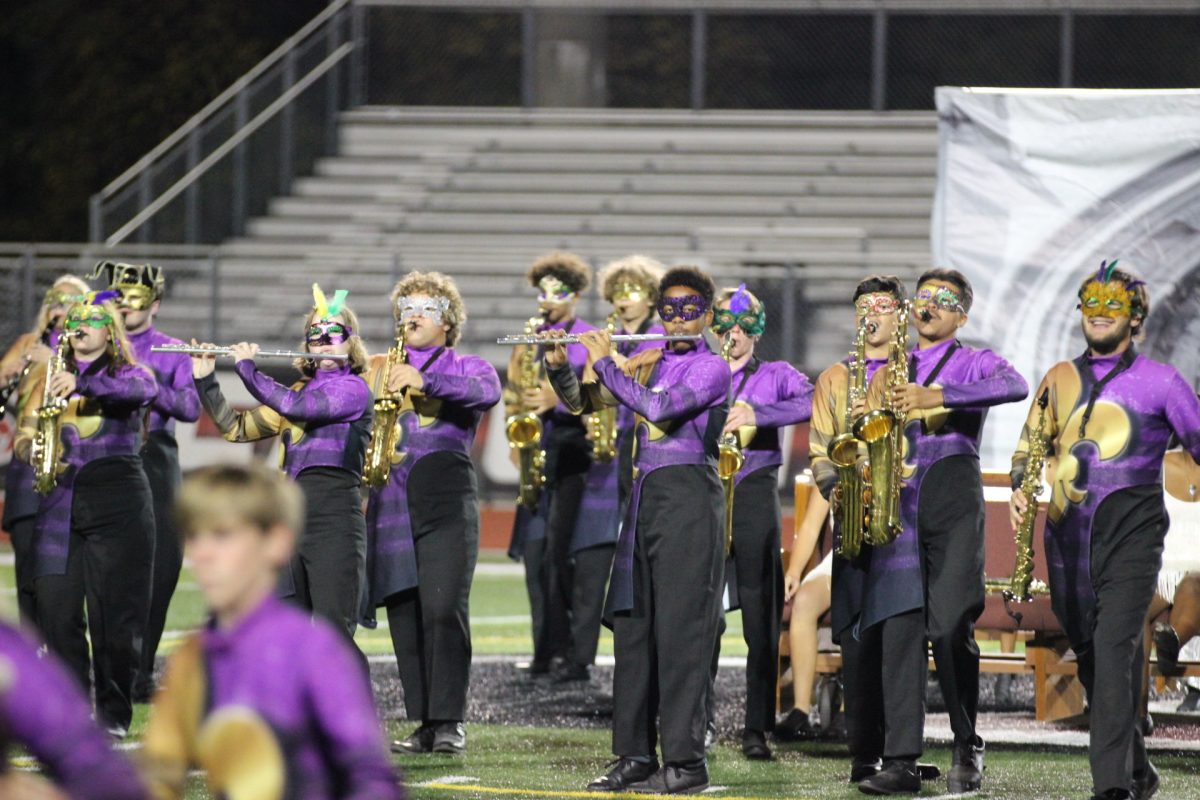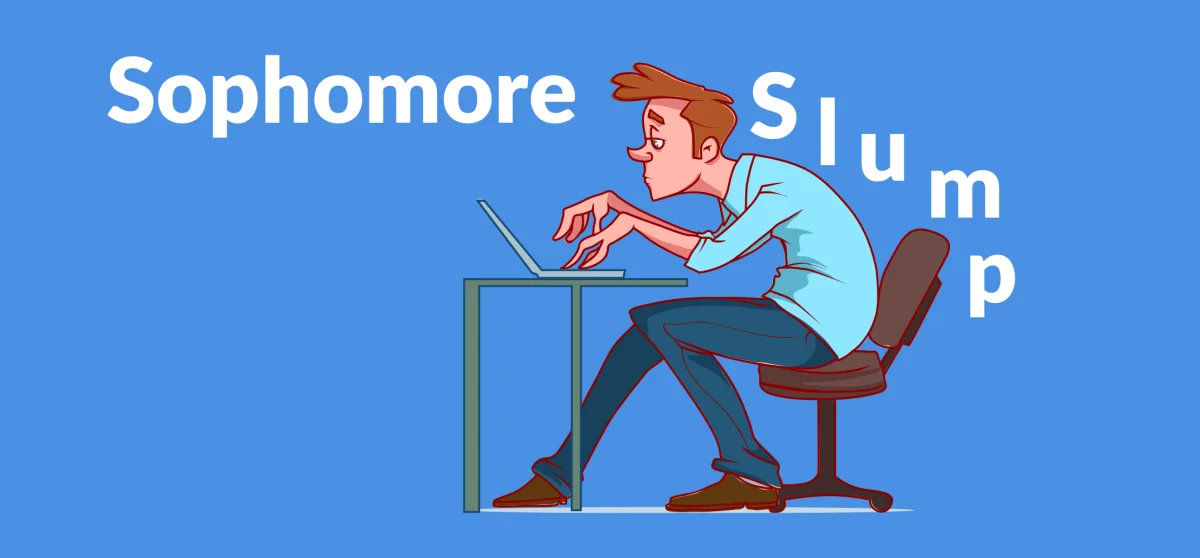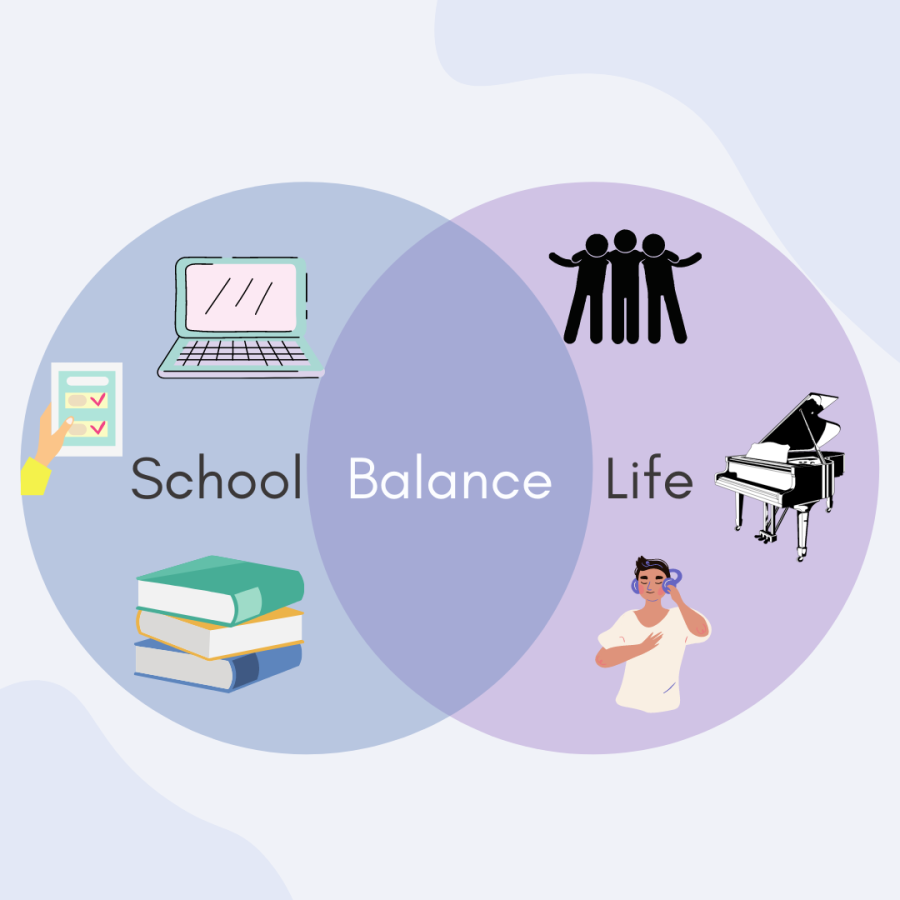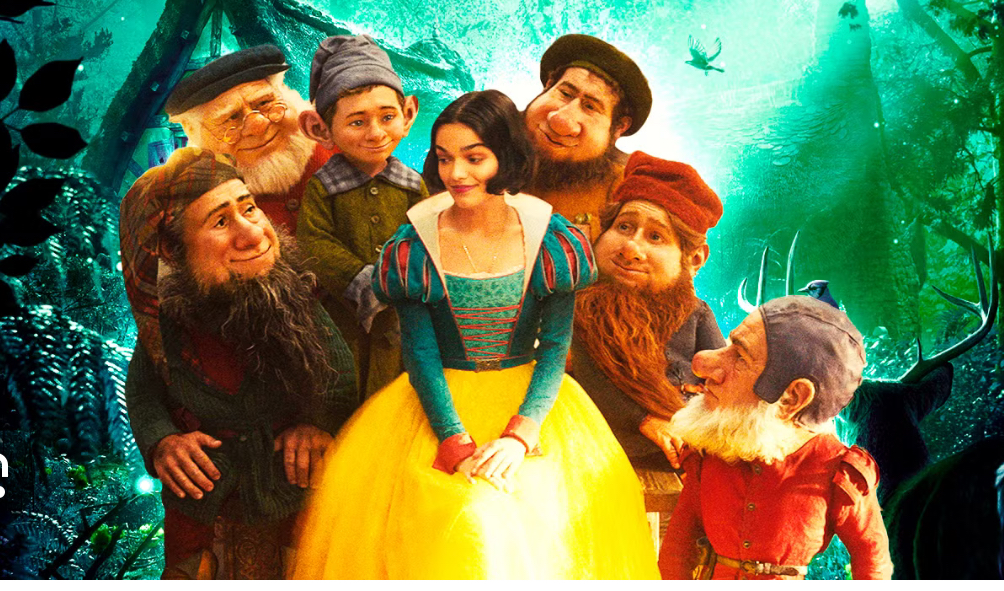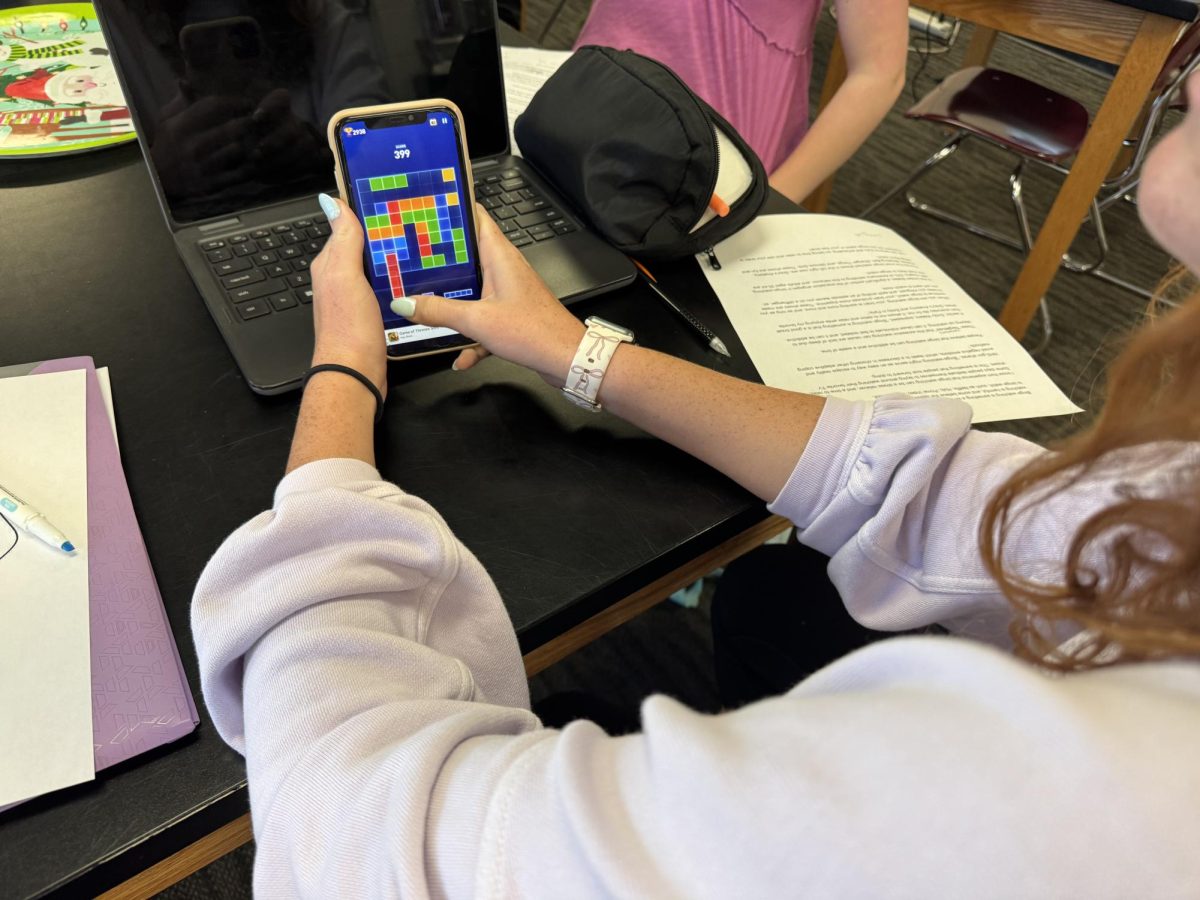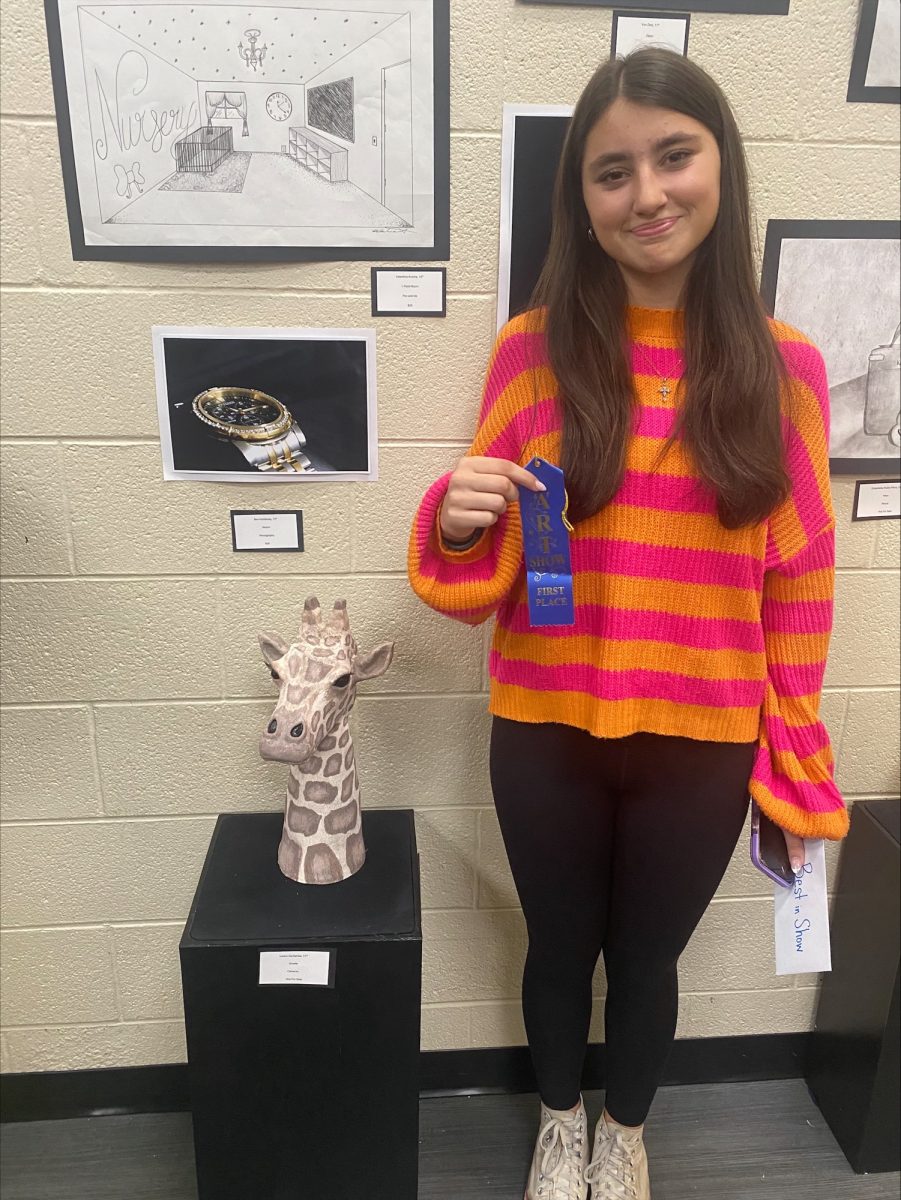For the Love of Tragedy!
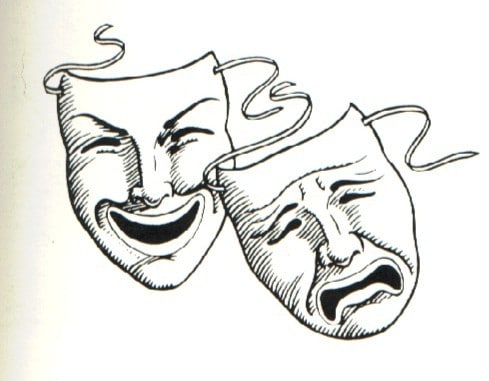
October 15, 2021
Tragic stories often bring out the strongest emotions in us. But, almost paradoxically, we seem to be more attracted to tragedy than any other kind of story. Some of the most popular stories across all mediums are tragedies, such as Romeo and Juliet, Frankenstein, and The Great Gatsby. These types of stories involve the pain and suffering of characters we’ve grown attached to, often dealing with themes of fate and suffering being inescapable. There should be no reason why we like tragedies, since on paper all they do is make us feel pain. However, there are many theories as to why we enjoy tragedies so much.
One theory leans strongly into the origins of tragedy in Ancient Athens. Ancient Athenian tragedies were played by two types of actors: the main actors, who played the characters and carried out the play; and the chorus, who narrated the play with music, song, and dance. The theory goes that it is the chorus that makes us enjoy tragedy, by “holding our hand” through the play and making it an entertaining experience instead of a painful one. Many famous composers, like Schubert and Wagner, implemented this theory into their music. Their compositions often followed the themes of Athenian or other European tragedies, and they believed in using music to replicate the same cathartic emotions that the chorus inspired in original Athenian tragedies. For example, Schubert’s Gretchen am Spinnrade follows the plot from the German tragedy Faust.
Another theory, proposed by Fredrich Nietzsche in his book The Birth of Tragedy, states that the Athenian tragedians produced such enjoyable stories by implementing both “Dionysian” and “Apollonian” aspects. Named after the two Greek gods, Dionysian means the side of art that is chaotic, emotional, and passionate; while the Apollonian is the side of art that is ordered, rational, and organized. Nietzsche suggests that by balancing these two aspects, the Athenians created the perfect balance between emotion and reason that allowed the audience to experience the full range of human emotions, which made the audience feel at ease with and accepting of the otherwise dark themes in tragedy.
A much darker theory states that people enjoy tragedies because they enjoy seeing others suffer. The theory hinges on an emotion called schadenfreude, a combination of two German words: “schaden,” meaning pain or harm, and “freude,” meaning joy. The theory states that when we watch tragedies, we feel joy at watching the suffering. Similar to how we can laugh at videos of other people experiencing misfortune, such as falling over or tripping, the theory goes that we experience a similar kind of schadenfreude when we watch tragedies. Laughing at others’ pain may make us feel guilty sometimes, but with tragic stories, we may feel a certain level of pleasure in knowing that we aren’t the ones in that situation. Just like when we laugh at a video of a child falling over, we enjoy tragedy because it boosts our self-esteem by knowing that no matter how bad we are, we aren’t as bad as them.
Skyler Hinz, a junior at CF, agrees with this theory and thinks that people enjoy tragedies because “…sometimes they’re comedic and just entertaining, but a lot of the time it makes us look at our lives better.”
However, it should be noted that none of these theories are mutually exclusive with each other. I personally believe that we enjoy tragedies for all three reasons. Tragedy helps us confront the painful and uncomfortable parts of our lives. Although we may never be in a situation as bad as fictional characters, we certainly all go through our own problems that can be thought of as smaller, less intense versions of tragic stories. Depending on our mood and situation, we may enjoy different aspects of the tragedy. For example, when we’re in a more light-hearted mood, we may enjoy tragedy for the chorus carrying us through and providing entertainment. However, when we’re in a more depressed mood, it may be helpful to us to experience the wide range of emotions that tragedy inspires in us in order to accept that pain is a part of life.
Lorraine Schneider, an English teacher at CF, gave many reasons as to why she thinks people enjoy tragedies:
“I think people like tragedies for a variety of reasons. One is that it helps us share human experience. We feel for characters because we have felt that way at some point in our lives. Reading or watching this helps our brain remember tragedies we have faced/are facing, and sharing this experience helps us face or overcome our own pain. Another reason is we feel better about our own lives when we realize how bad someone else has it. I know this sounds brash, but human nature is to compare ourselves to those around us. So, if someone else’s tragedy/situation is worse than ours, we innately feel better about our own situation. Finally, I think some people just like darker situations, like those found in tragedies, similar to those who prefer horror or comedy or romance.”
There are many reasons to enjoy tragedy, and perhaps it’s such a popular type of storytelling because of how versatile it is and how open it is to enjoyment anywhere on the emotional spectrum.
